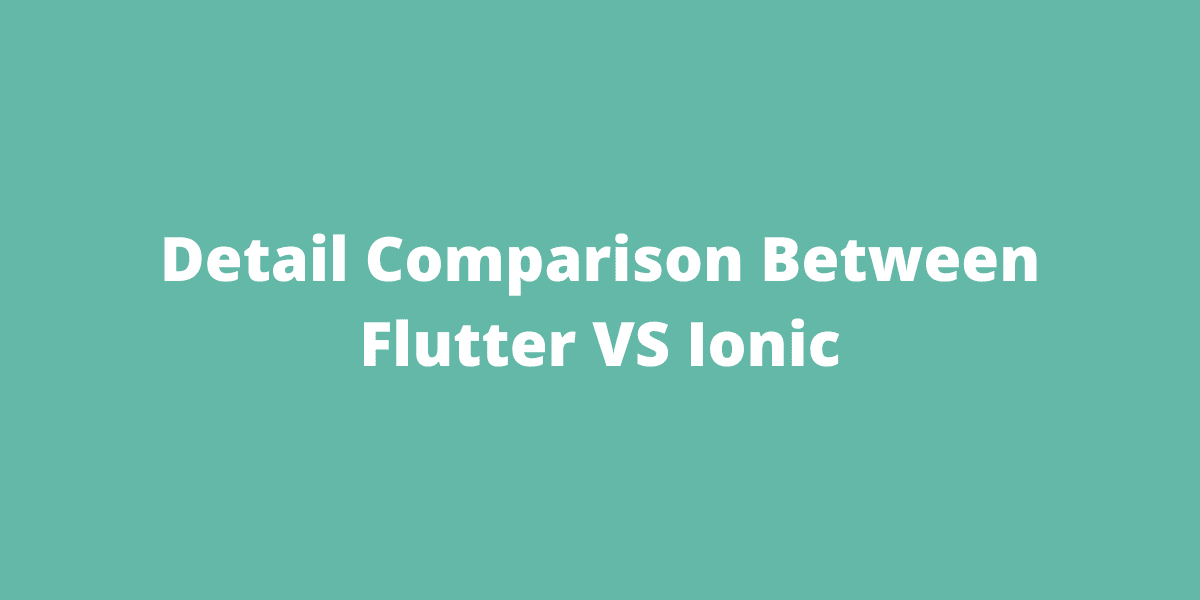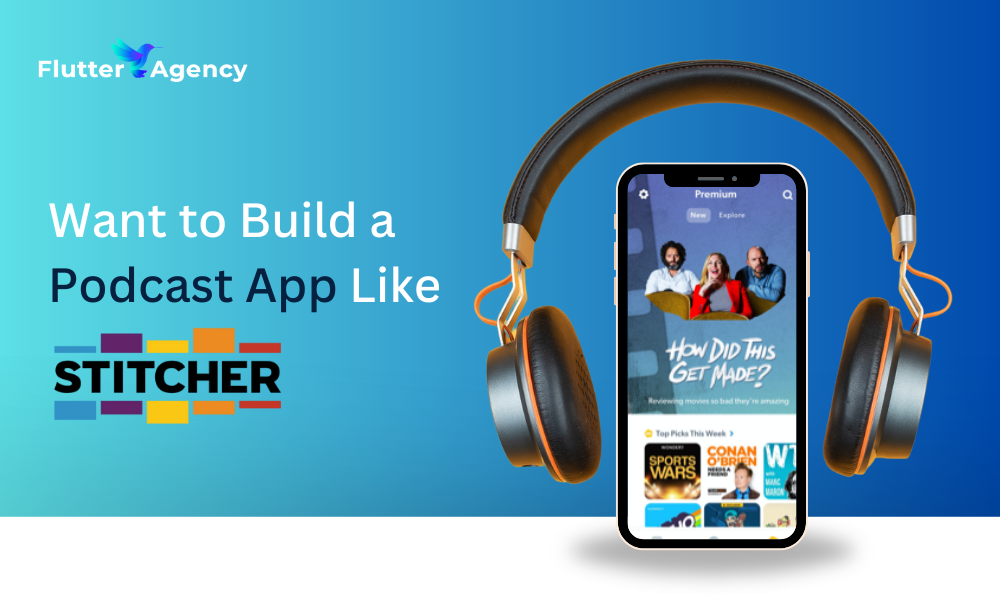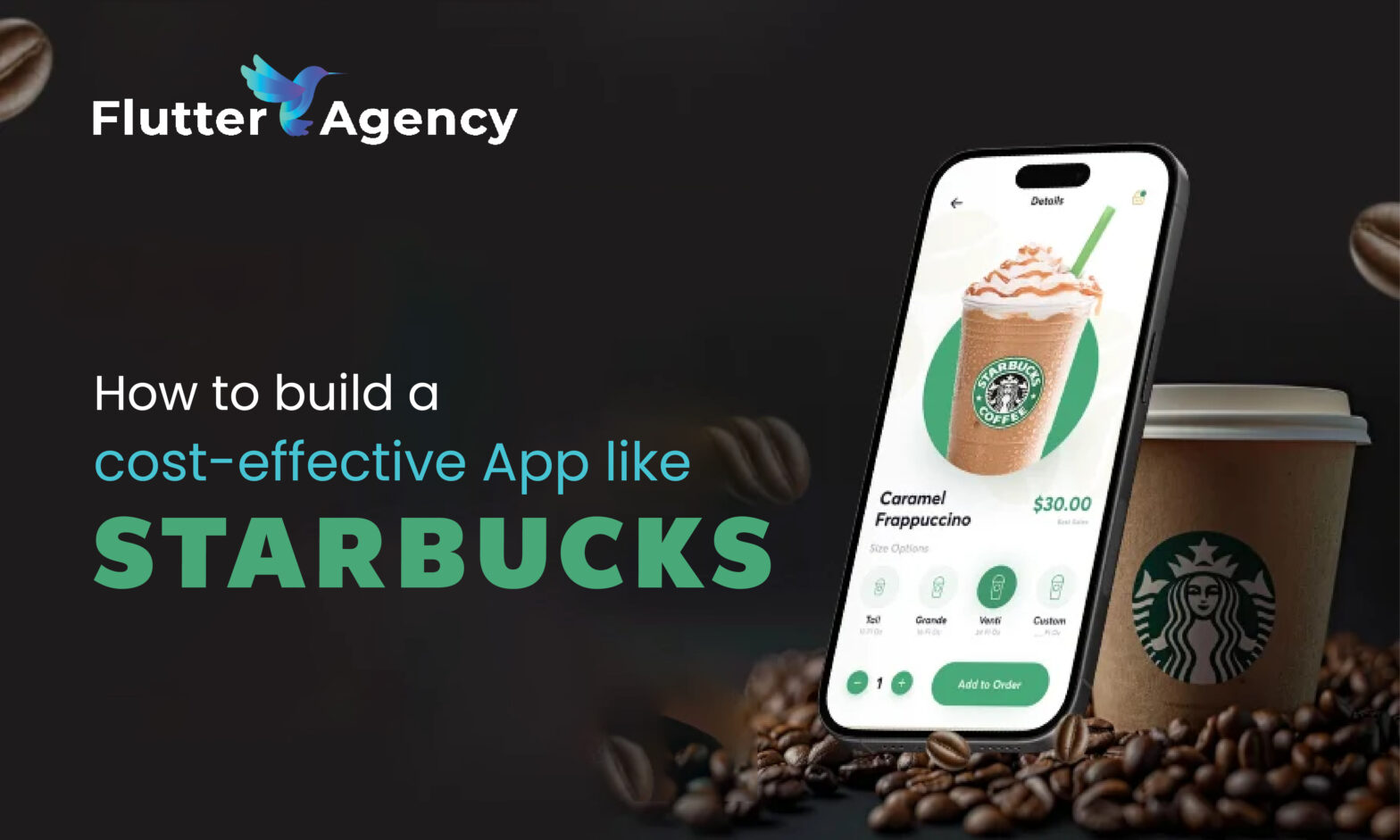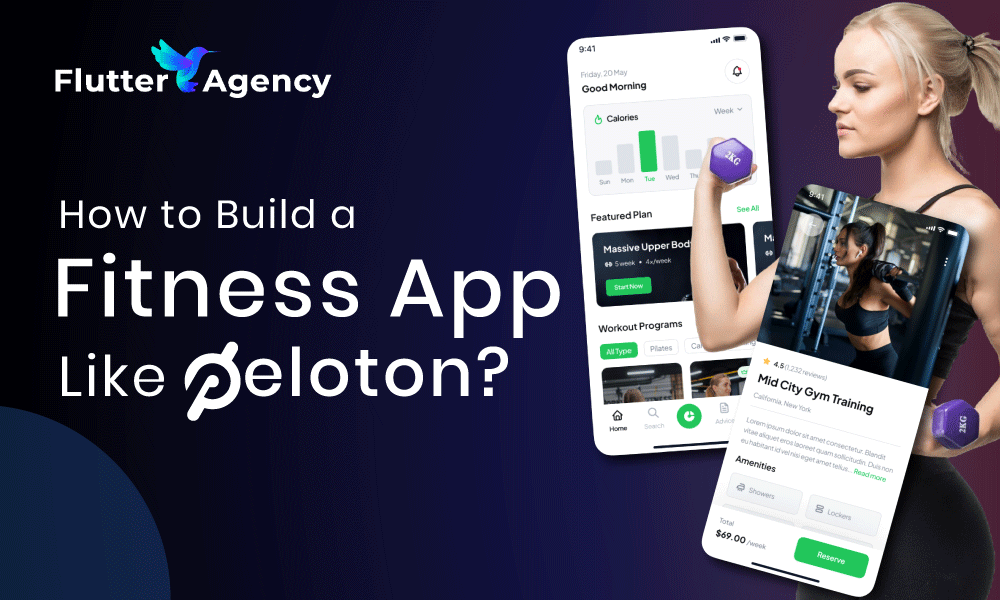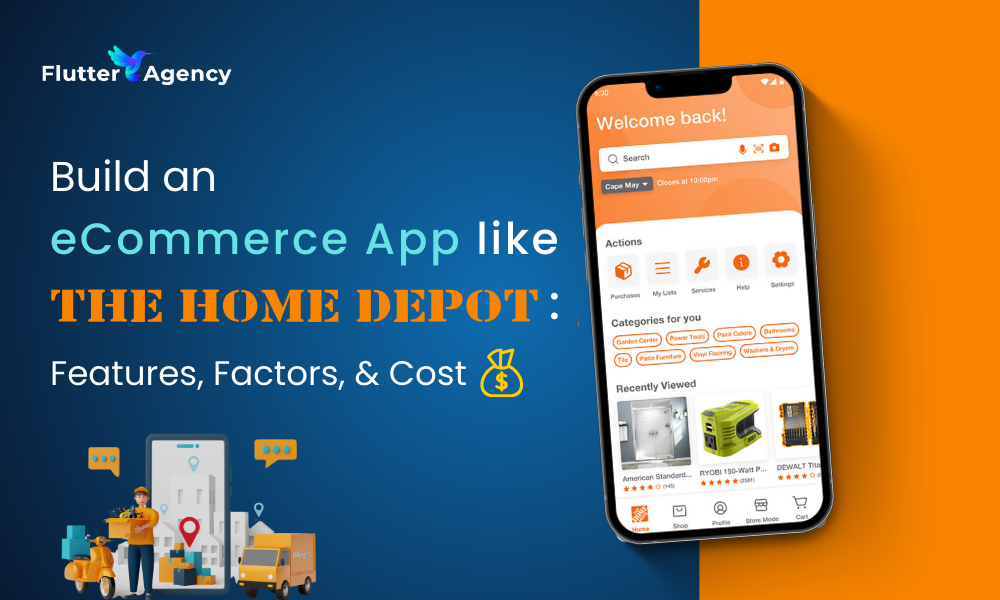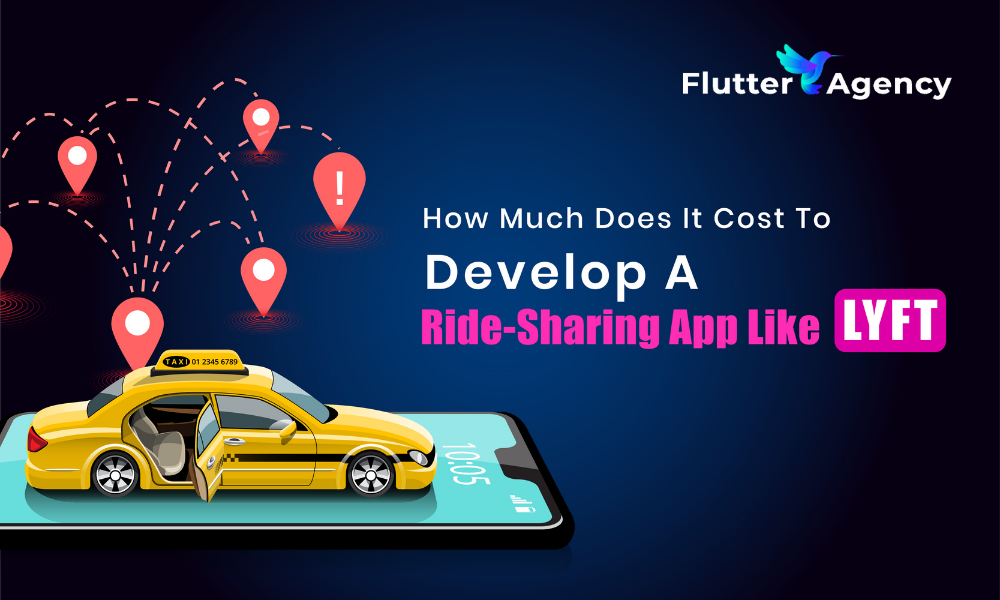Detail Comparison Between Flutter VS Ionic
Detail Comparison Between Flutter VS Ionic
So- choosing a hybrid framework with a desired set of functionality. And within your budget could be tire and cumbersome. Flutter VS Ionic both frameworks are viable options. While preferring the framework, you need a detailed analysis of frameworks. In terms of UI, achievement, knowledge curve, etc.
All businesses prefer hybrid frameworks for mobile app development services. Because- they follow the onetime coding principle and deploy it everywhere. And it dramatically reduces costs while also cutting down on development time. And the two most popular options are Flutter and Ionic.
The Flutter Agency evaluates the cross-platform framework through use cases. And extensive research to recommend whether a particular framework would be appropriate for a specific task. While- both frameworks are ideal for building hybrid applications. The preference for choosing the framework depends on the individual.
So in this article, we have described the detailed comparison between Flutter and Ionic. From the basics to make sure you’re equipped with unbiased information to make the right choice.
Difference between Flutter VS Ionic?
Flutter is an exceptionally open-source framework and works with Google’s Dart language. So we usually addressed it as an advanced UI toolkit. And it is used to build cross-platform applications with a single code base. It provides access to develop expressive and flexible UI with native performance.
A team of Google developers and the entire Flutter community support and contribute to it. So it allows developers to create flexible and expressive UIs with native performance.
Use of Flutter
We mainly use Flutter for the following goals:
- MVP Mobile App
- Material design apps
- Apps with OS-level features
- Advanced OS Plugins with Simple Logic
- High-Performance Apps Featuring Skia Rendering Engine
- Flexible UI and Fantastic Widgets
- Reactive apps with massive data integration
Pros. of Flutter
- Hot reloading that reflects changes instantly without losing application status.
- Powerful and effective widgets- that follow Android Material Design and iOS Cupertino guidelines.
- Have faster running cycles that save development time as it only needed testing for one codebase.
- It’s easier and faster to write and share code across multiple platforms. And- making it the best choice for MVP development.
Cons. of Flutter
- Although Flutter has rich tools and libraries, it is not as rich as Ionic.
- Animation protection and vector graphics could be further.
- Incompatible with Android Auto, watchOS, CarPlay, or other developing apps for TvOS.
- Patches cannot be pushed or updated instantly across apps without going through the traditional release process.
Ionic is also an open-source UI toolkit and enables users to develop hybrid cross-platform mobile applications. So it uses web view for mobile instead of using native device elements. And the framework leverages well-known JavaScript codebases. Such as vanilla JavaScript, Angular, React, or Vue.
It provides efficient performance with minimal DOM manipulation. But Ionic has several components presets that provide basic functionality.
Use of Ionic
- Hybrid mobile app development
- MVC mobile app
- Country cover
- Cross-platform mobile application development
- Hardware functionality enabled apps
- Develop high-performance UX/UI applications
Pros. of Ionic
- Ionic has a platform-independent framework that minimizes time, resources. And giving the app a native look as well as developing a cross-platform app requires effort.
- Ionic uses a capacitor which saves development time. And it provides a simple interface to access native API and native SDK across platforms.
- Ionic is a developer-friendly tool that allows you to build a single codebase. By using conversational JavaScript libraries and frameworks, thus minimizing code rewriting.
- Ionic scales efficiently without affecting the performance of total active users.
Cons. of Ionic
- Although Ionic has a lot of plugins, app developers have to create highly specialized features.
- Since hot reloading is absent, the app gets refreshed whenever developers make any changes. And- affecting the overall pace of development.
- The security threats are real because older versions do not provide code ugliness.
- Ionic performance is not well suited for memory – both complex and intensive applications. Using an Ionic framework to build heavy apps can make it sluggish. Because- it uses Web view to render the apps.
Conclusion
Flutter VS Ionic are two technologies for building cross-platform applications. But this is where the similarities end. And they both share a similar vision of erecting beautiful, high-performance apps that work everywhere.
So despite the advantages and disadvantages of Flutter and Ionic. It is essential to know the cost of hiring experienced developers before starting development. If your project has complex user requirements, always hire an expert team for Flutter app development. And if the application structure is compound, it is best to hire dedicated ionic developers.
At Flutter Agency, we have been working with Ionic and Flutter since the very beginning. And have had splendid success with both frameworks. So the key is choosing the right project for the job. For example, take these two projects. And we’ve developed that allows users to book equipment, make mobile payments, and pay only for what they use.
At Flutter Agency, we would love to help you execute your next Flutter or Ionic projects on time. And under budget. Regularly fill out the form below, and we can set up a free consultation—fast! So if you have an app that’s too lightweight, with lots of moving pictures and an expansive user interface, choose the Ionic. And if you have heavy apps where seamless backend access is- guided, then using Flutter will make the most of it.
Contemporary ventures
Recent blog
ready to get started?
Fill out the form below and we will be in touch soon!
"*" indicates required fields

